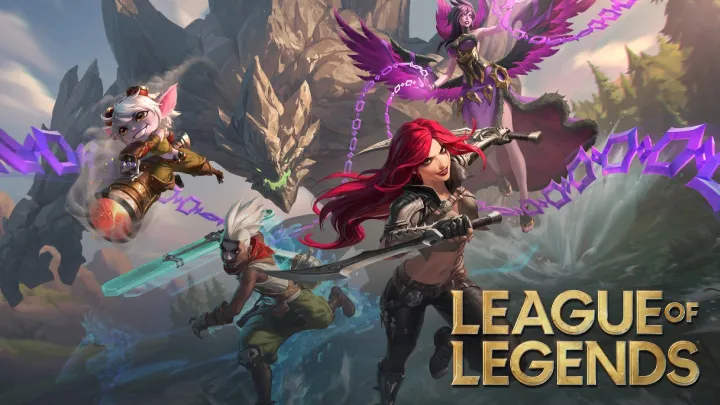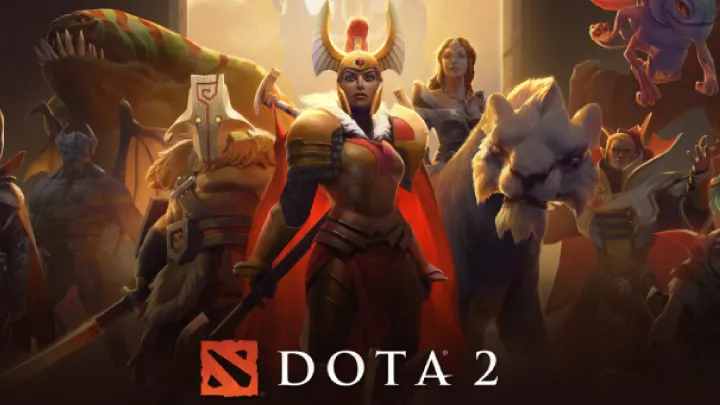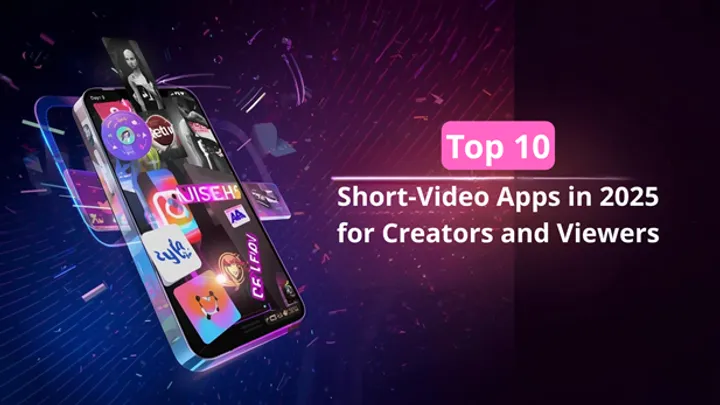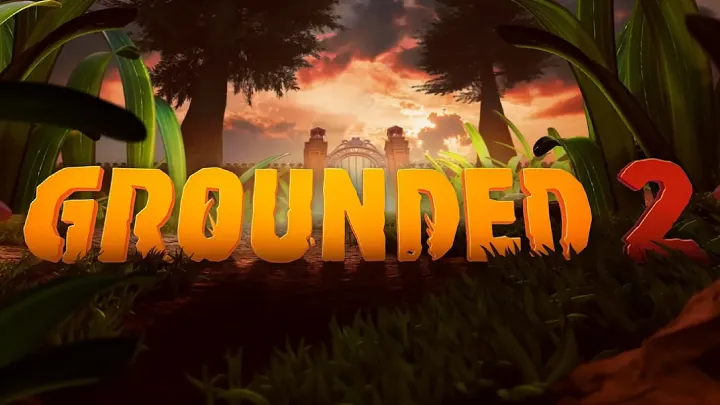Introduction
Esports has grown from being a niche pastime to a multi-billion-dollar global industry, captivating millions of players and spectators across the world. Over the past two decades, certain games have not only defined the growth of esports but have also become cultural phenomena that transcend gaming communities. These legendary titles are more than just games; they are platforms where players sharpen skills, form rivalries, and build careers.
In this article, we will dive deep into the top legendary esports games every gamer knows. From real-time strategy to first-person shooters and multiplayer battle arenas, each title has made a significant impact on the competitive gaming landscape. We will explore their history, gameplay, influence, strengths, weaknesses, and enduring legacy.
1. Counter-Strike: Global Offensive (CS:GO)
The Roots of Competitive FPS
When discussing legendary esports games, CS:GO inevitably tops the list. Emerging in 2012 as the continuation of the Counter-Strike franchise, CS:GO refined the tactical first-person shooter format. Its core gameplay revolves around two teams — Terrorists and Counter-Terrorists — competing in objective-based rounds.
The game’s simplicity is deceptive: beneath the straightforward mechanics lies a deep layer of strategy, reflexes, and team coordination. Players need precise aim, map knowledge, and strong communication to succeed.
Esports Legacy
Counter-Strike tournaments, such as ESL One Cologne and PGL Majors, draw massive audiences. Prize pools reach into millions, while iconic teams like Natus Vincere (Na’Vi), Fnatic, and Astralis have carved their names into esports history.
Strengths
- Timeless, skill-based gameplay.
- Balanced maps and weapons.
- Thriving esports ecosystem with consistent events.
Weaknesses
- High skill gap can be intimidating for beginners.
- Toxicity in the online community.
2. League of Legends (LoL)
Birth of the MOBA Giant
Launched in 2009 by Riot Games, League of Legends has redefined the multiplayer online battle arena (MOBA) genre. Its blend of strategic depth, fast-paced action, and colorful champions made it a phenomenon worldwide.
The game’s objective is clear: two teams of five compete to destroy the opposing team’s Nexus. Yet, the complexity arises from hundreds of champions, diverse item builds, and constantly evolving metas.
Competitive Scene
LoL is the most-watched esports game globally. The annual League of Legends World Championship gathers millions of viewers, rivaling even traditional sports broadcasts. Teams like T1, G2 Esports, and DAMWON Gaming have become household names.
Strengths
- Constant updates and balance patches.
- Immense global reach with localized leagues.
- Strong storytelling around teams and players.
Weaknesses
- Steep learning curve for newcomers.
- Frequent changes can overwhelm casual players.
3. Dota 2
The Pinnacle of Complexity
Dota 2, released by Valve in 2013, is often considered the most complex MOBA in existence. With over 120 heroes, intricate mechanics, and limitless strategies, it appeals to hardcore gamers who crave depth and mastery.
The game is infamous for its punishing nature; a single mistake can shift the momentum of an entire match. Yet, for many players and fans, this high-stakes environment is what makes it so thrilling.
The International – Esports’ Biggest Stage
Dota 2 is best known for The International (TI), an annual tournament with record-breaking prize pools. Crowdfunded through in-game purchases, TI has awarded tens of millions of dollars, making its champions instant legends. Teams like OG, Evil Geniuses, and Team Spirit have etched their place in esports lore.
Strengths
- Unparalleled strategic depth.
- Massive prize pools that elevate player careers.
- Strong community-driven ecosystem.
Weaknesses
- Extremely steep learning curve.
- Long game duration may deter casuals.
4. StarCraft II
The King of Real-Time Strategy
Released in 2010, StarCraft II continues the legacy of its predecessor as one of the greatest real-time strategy (RTS) games ever made. In South Korea, it became a national phenomenon, with professional players treated like celebrities.
The game revolves around three factions — Terran, Protoss, and Zerg — each offering unique units, mechanics, and playstyles. StarCraft II demands lightning-fast decision-making, multitasking, and resource management.
Esports History
For years, GSL (Global StarCraft II League) and IEM Katowice showcased the highest levels of RTS gameplay. Players like Lee "Life" Seung Hyun and Joona "Serral" Sotala became legends, demonstrating unmatched skill and innovation.
Strengths
- Deep strategic diversity between factions.
- Requires high-level multitasking and reflexes.
- Immense influence on modern esports.
Weaknesses
- Declining popularity compared to MOBAs and shooters.
- Extremely demanding skill requirement.
5. Fortnite
Revolutionizing Battle Royale Esports
Epic Games’ Fortnite exploded onto the scene in 2017, blending the battle royale formula with unique building mechanics. Its colorful graphics, constant updates, and crossover events with pop culture icons quickly attracted millions.
While Fortnite is often seen as casual-friendly, its esports scene has surprised many. The Fortnite World Cup 2019 offered a staggering $30 million prize pool, instantly placing it among the most lucrative esports tournaments ever.
Esports Impact
Players like Bugha, who won the World Cup at just 16 years old, became instant celebrities. Fortnite also stands out by engaging both casual gamers and hardcore competitors through creative modes and events.
Strengths
- Unique blend of shooting and building mechanics.
- Frequent updates and collaborations keep it fresh.
- Accessible to both casual and competitive players.
Weaknesses
- Constant updates can disrupt competitive balance.
- Less established esports structure compared to older titles.
Conclusion
Esports has been shaped by legendary games that have stood the test of time. Counter-Strike: Global Offensive, League of Legends, Dota 2, StarCraft II, and Fortnite each represent a milestone in competitive gaming history.
Some focus on precision shooting, others on strategic mastery, and still others on innovation and accessibility. Yet, all of them share one thing: they’ve created unforgettable moments, nurtured professional careers, and united millions of fans under the banner of competitive gaming.
The future of esports will undoubtedly introduce new titles, but these games remain eternal pillars — legendary esports games every gamer knows.

















